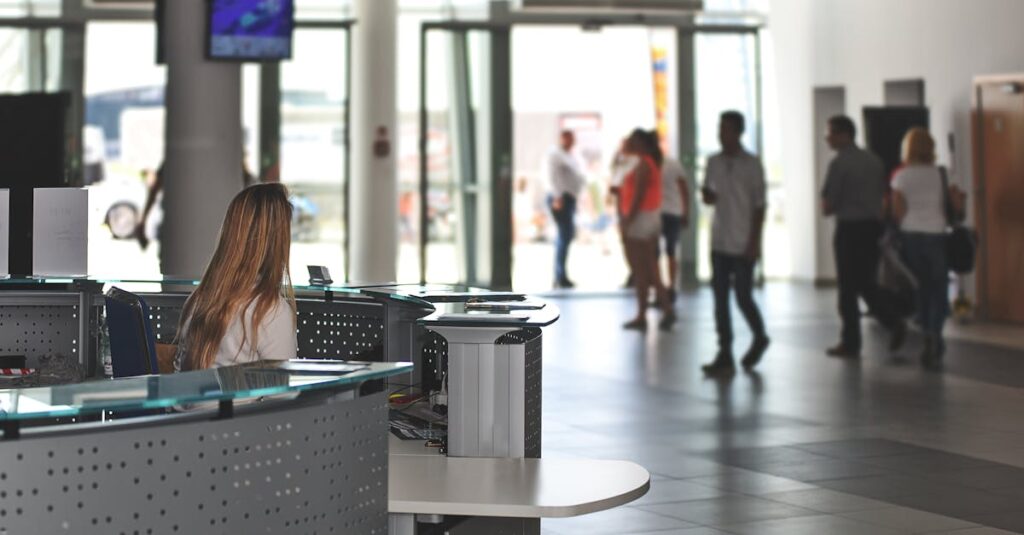
Why is it so challenging for immigrants to find jobs in Germany?
Germany has welcomed over 2 million refugees and immigrants, yet many of them struggle to find employment. One IT professional from Afghanistan, with a Master’s degree and extensive experience, has been job hunting for over two years without success. Despite her qualifications, the opportunities remain elusive.
How can job fairs help?
In Berlin, a job fair organized by Indeed and Tent Germany aims to address this disconnect. The fair brings together over 40 major employers, including DHL, McDonald’s, IKEA, and Siemens Energy, providing a platform for direct communication between recruiters and job seekers. Interpreters, resume assistance, and one-on-one interview rooms are available to make the process smoother.
What are the common barriers?
One of the biggest hurdles is the German bureaucracy. Many skilled workers face slow and overcomplicated recruitment procedures. Companies often have concerns about employing non-German speakers, fearing communication issues and potential accidents. However, with better communication and effort, these challenges can be overcome.
What initiatives are being taken?
To address these challenges, the Federal Office for Migration and Refugees (BAMF) has introduced job-specific language courses. Companies like DHL have developed language apps, and Adecco offers free online language courses. These initiatives aim to improve communication and integration for new employees.
What about the recognition of foreign qualifications?
Foreign qualifications, especially in skilled trades, are often not recognized in Germany, creating another barrier for immigrants. Industry associations are protective of their own workers, making it difficult for skilled professionals from abroad to enter the German market. However, there is growing recognition of the need to be more open.
What is the demographic shift?
Germany is facing a demographic shift, with an aging workforce and a high number of refugees. By 2036, around 13 million people are expected to leave the workforce, which is about 30% of it. This makes it imperative for companies to adapt their recruitment processes to integrate more refugees and immigrants.
How are companies adapting?
Companies are getting creative in finding solutions. Tent Deutschland emphasizes the importance of HR departments being proactive and not dismissing incomplete resumes or applications. Organizations like Tent and Indeed are working to ensure that job requisites match the actual job requirements, making it easier for refugees to enter the job market.
What does the future hold?
For many immigrants, the hope is for a better interface between potential workers and employers. The combined efforts of companies, government agencies, and organizations are crucial in creating opportunities for skilled immigrants and ensuring a brighter future for all.
Conclusion
Germany’s job market and its need for new recruits present both challenges and opportunities. Job fairs like the one in Berlin are crucial in bridging the gap between immigrants and employers. With continued efforts to simplify recruitment processes and recognize foreign qualifications, the integration of immigrants into the workforce can become a reality.


